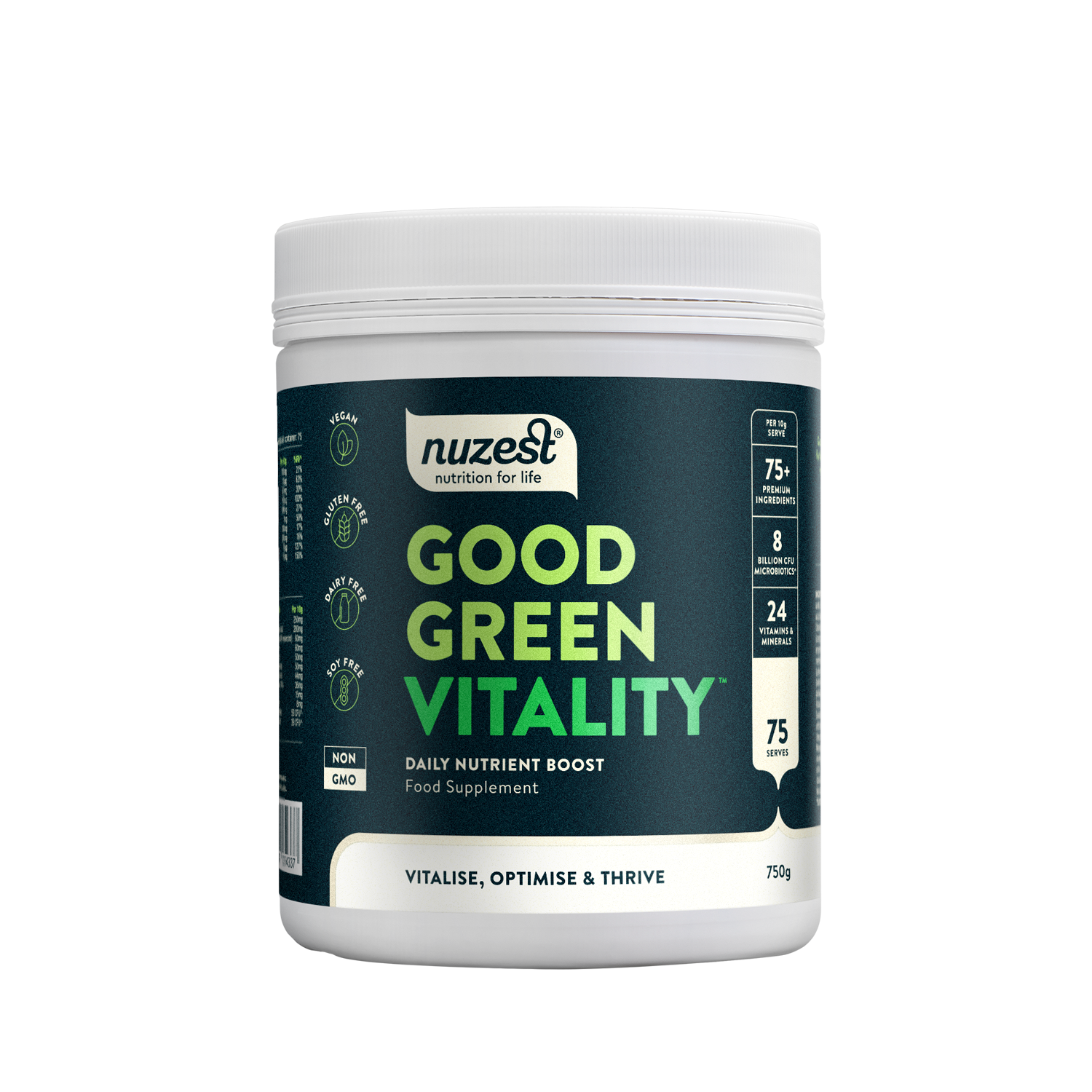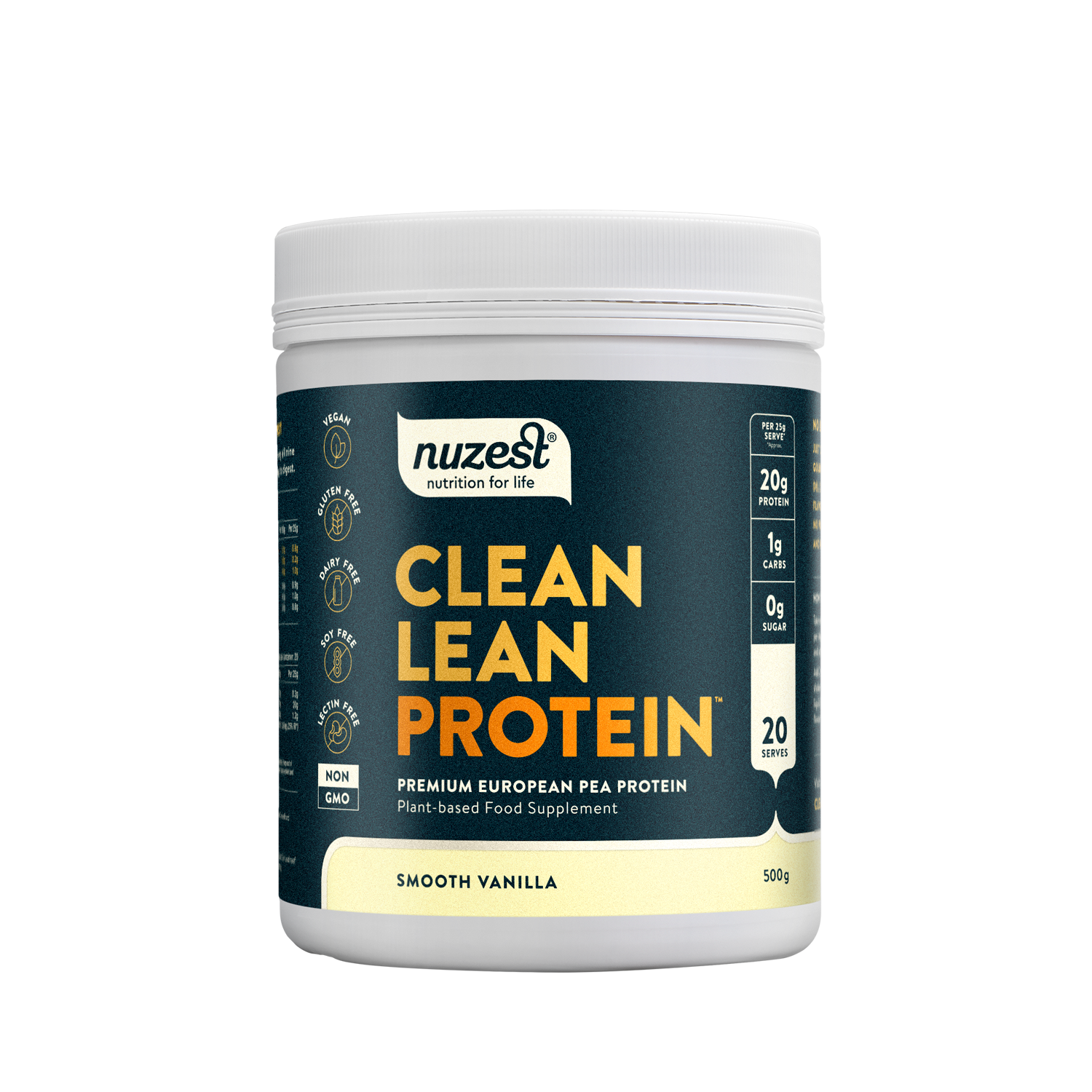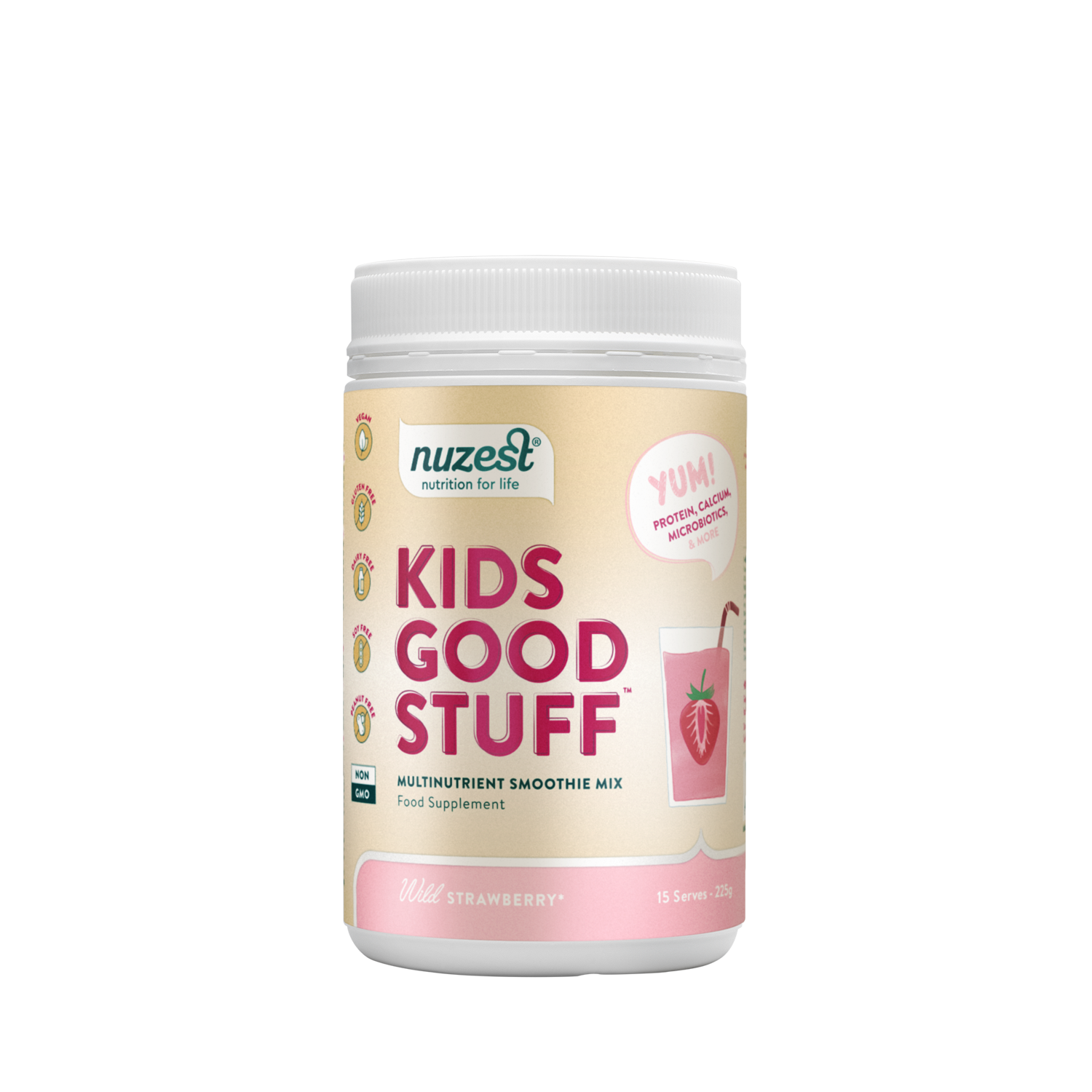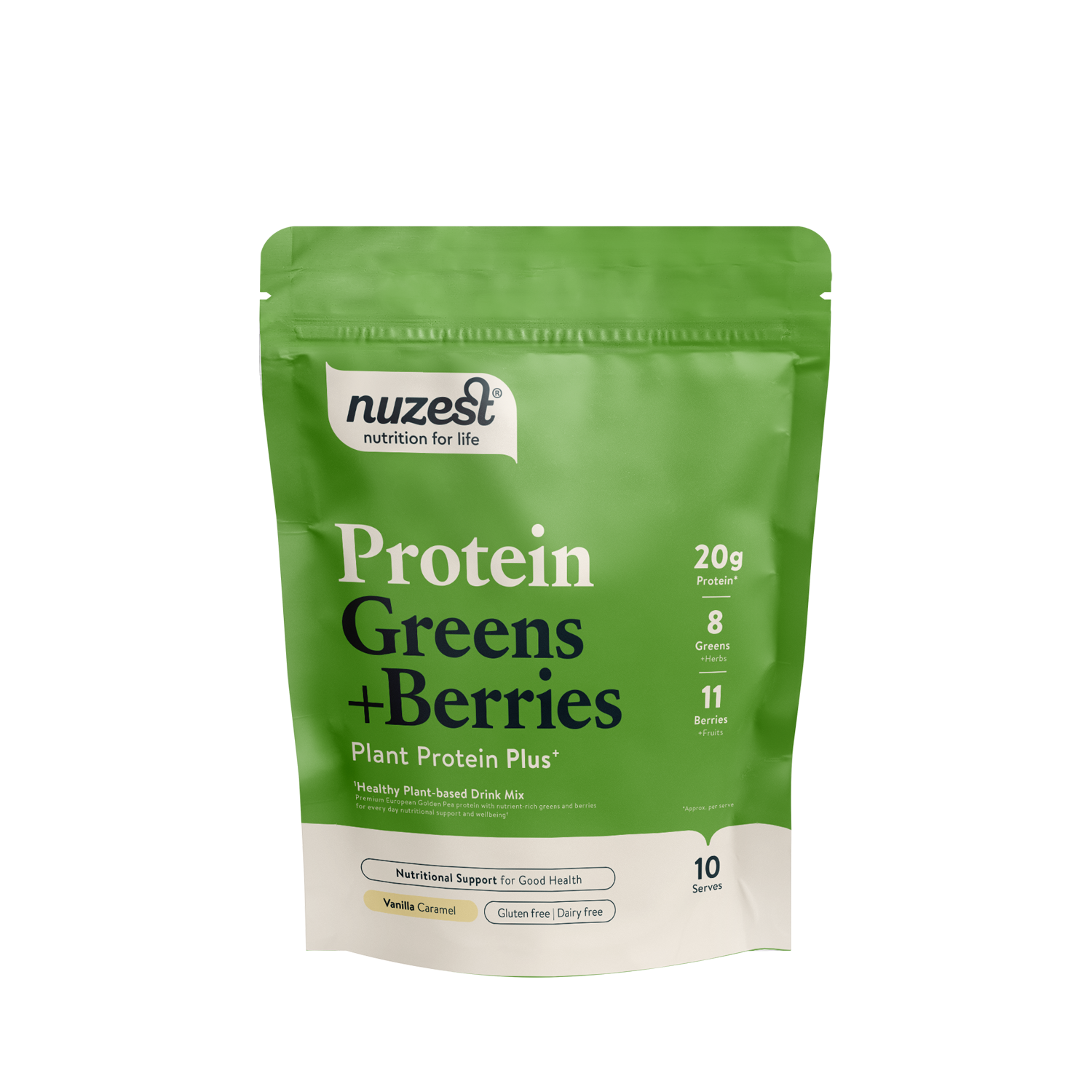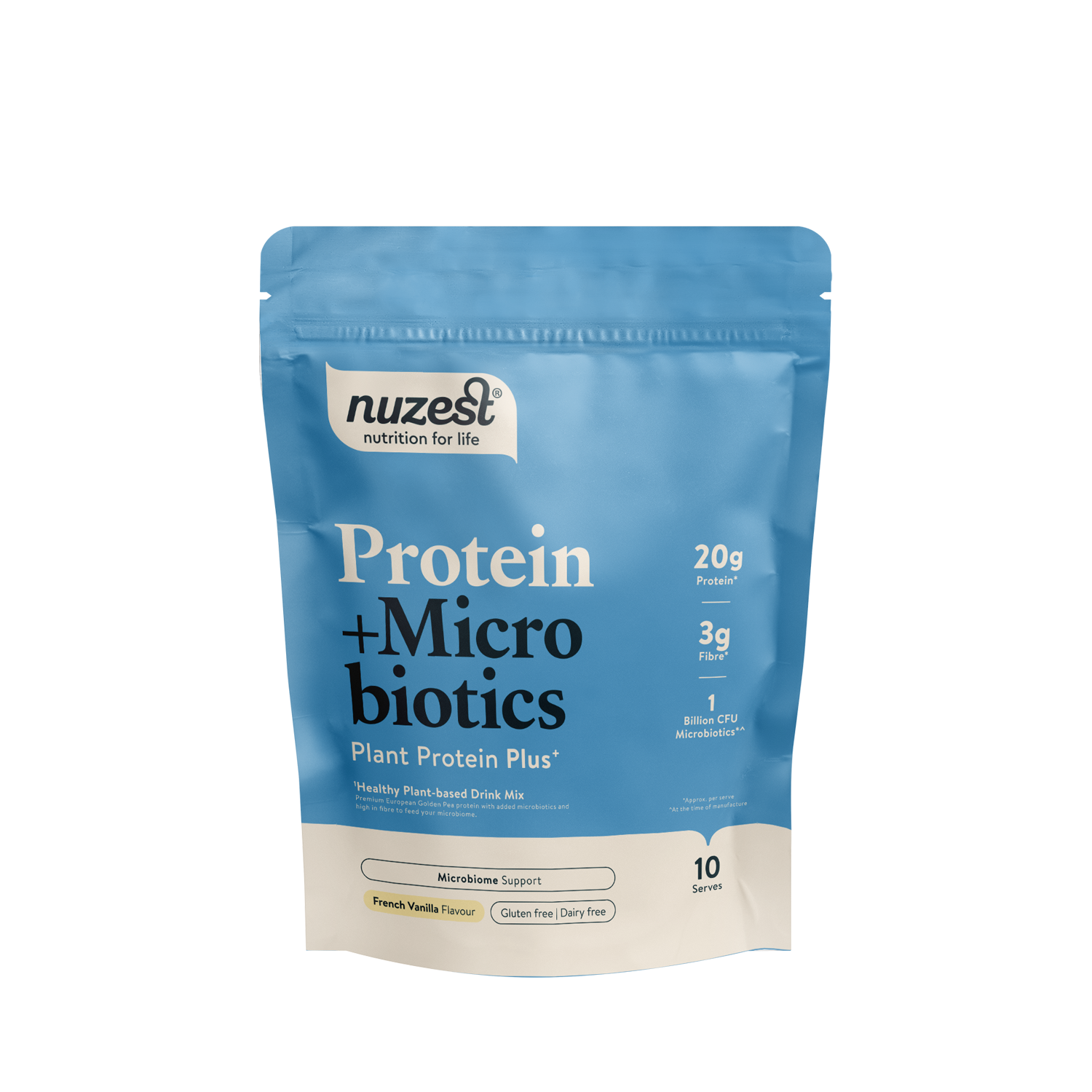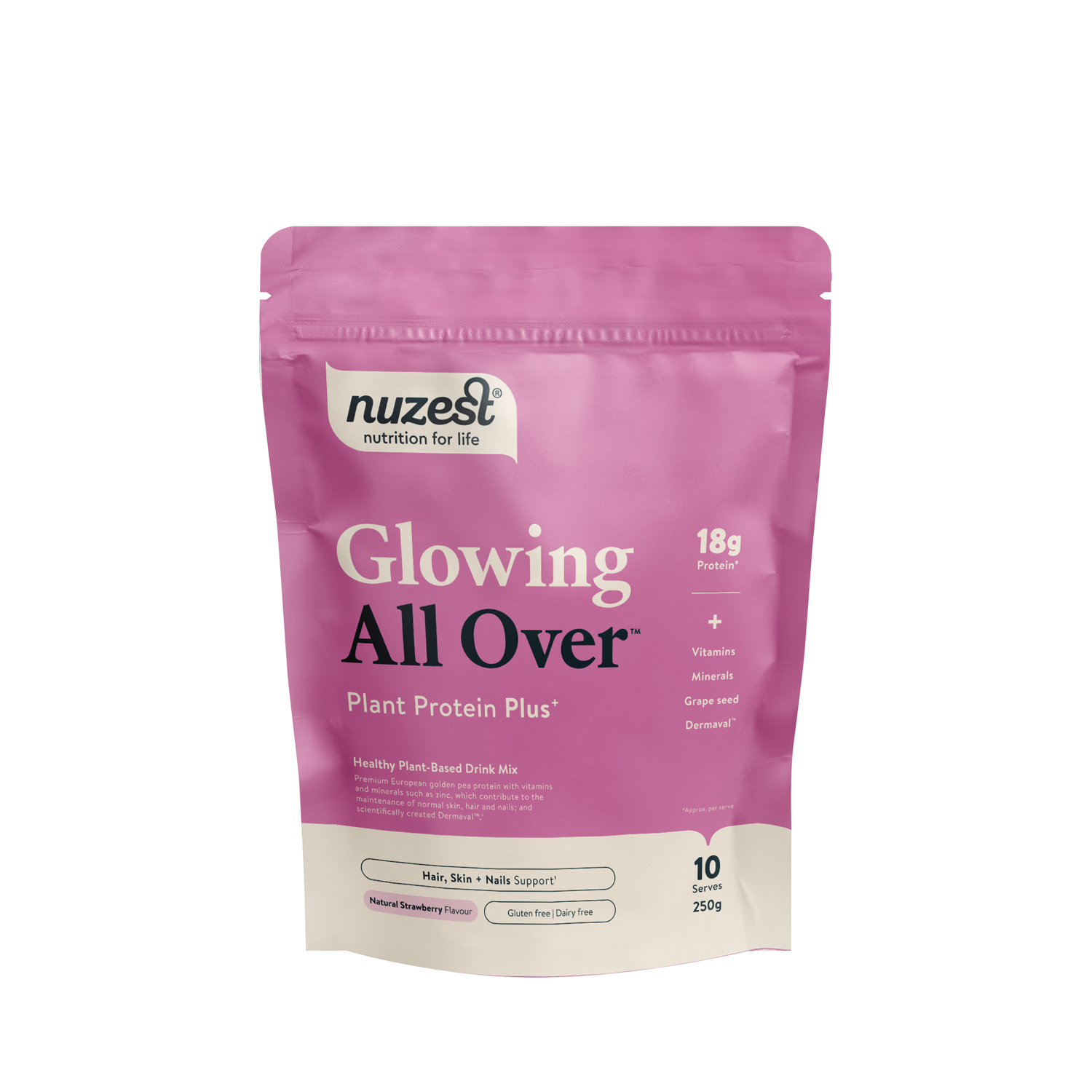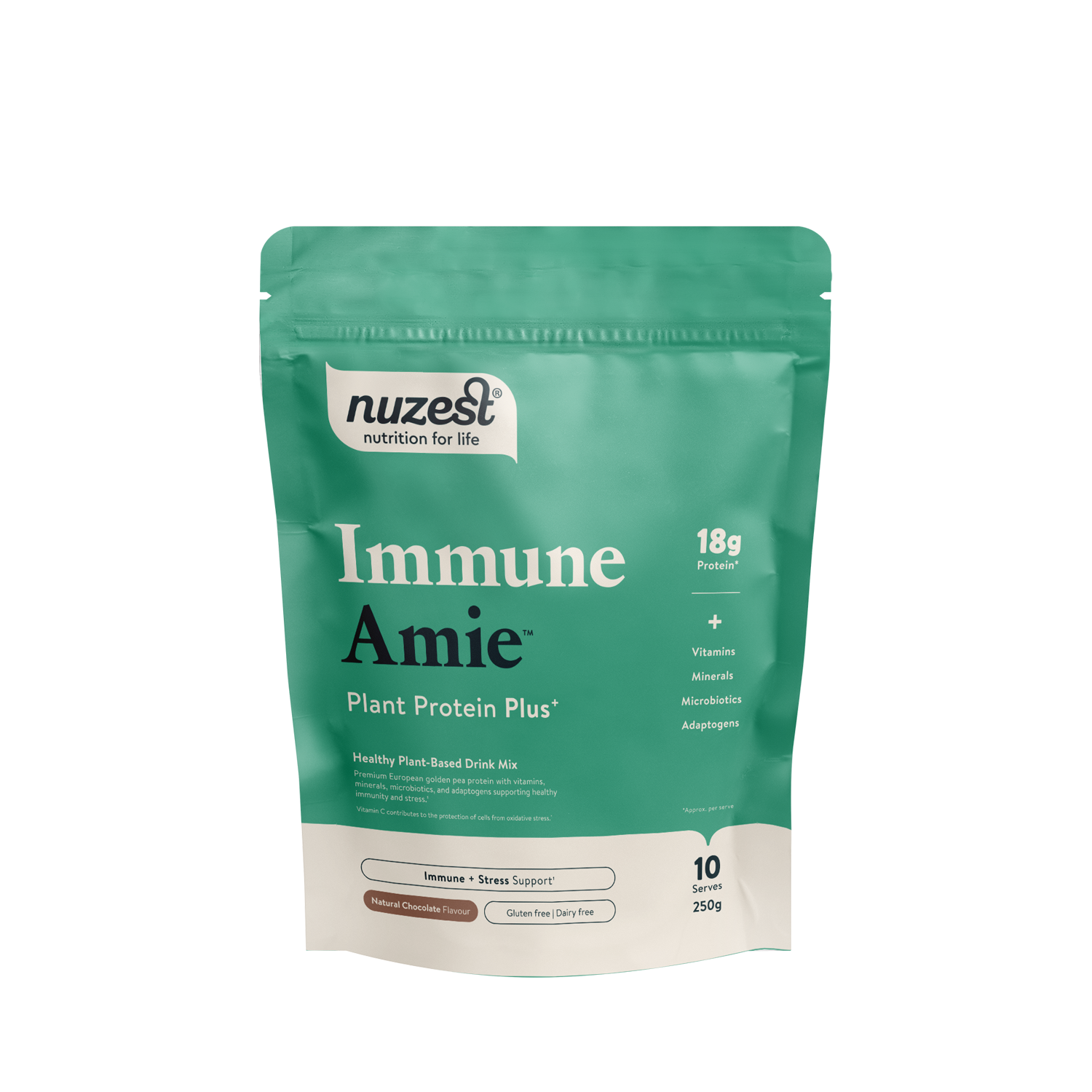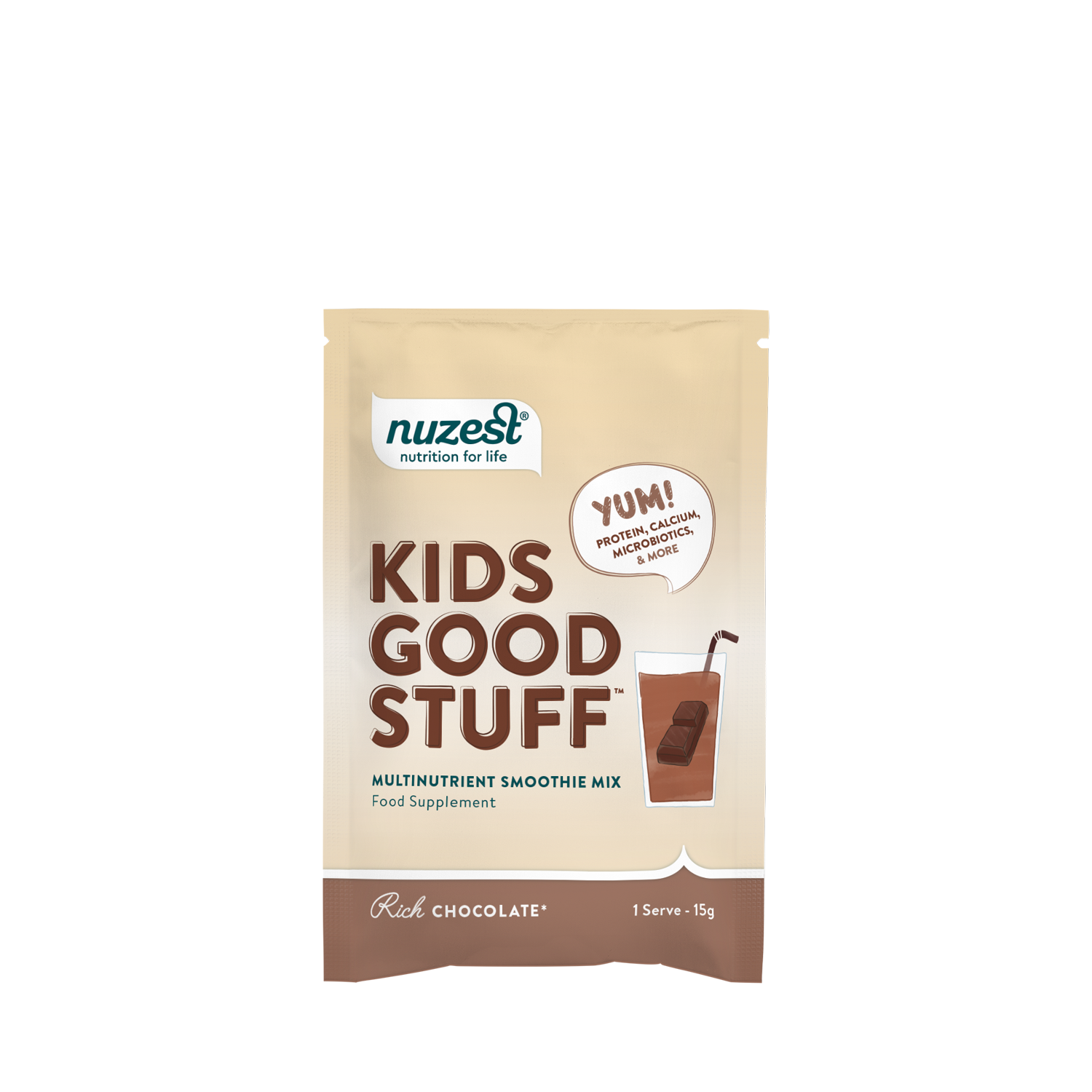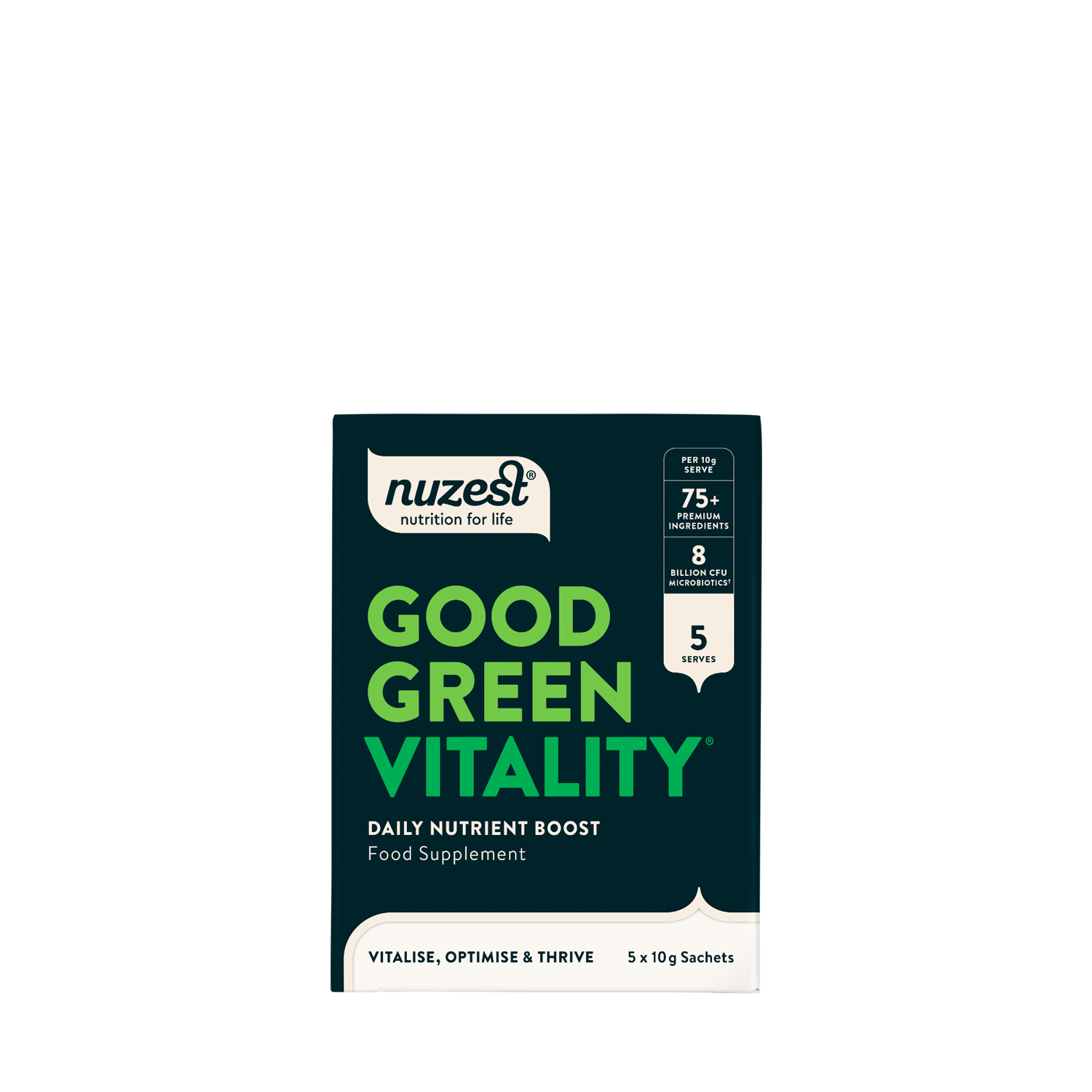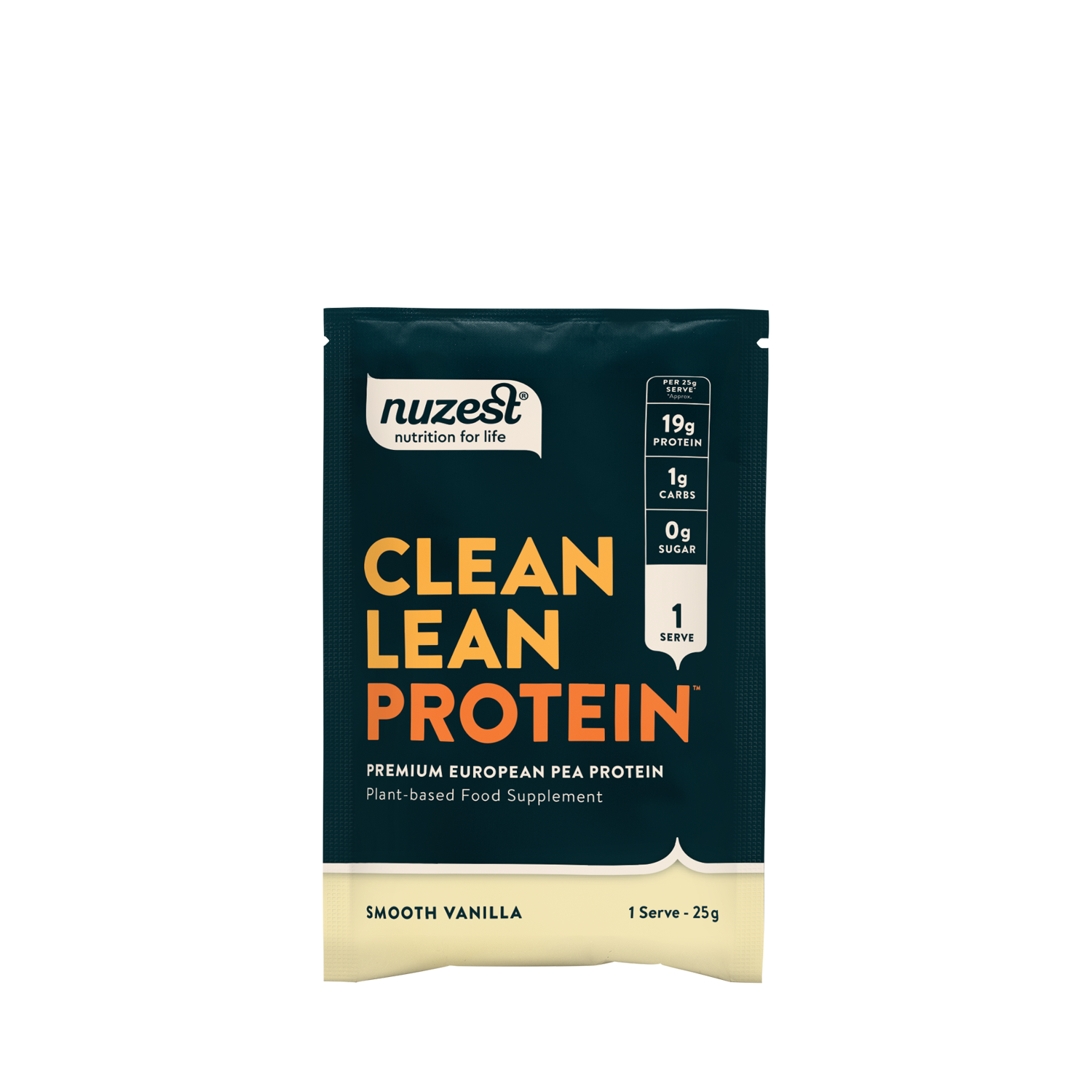Parsley
Petroselinum crispum
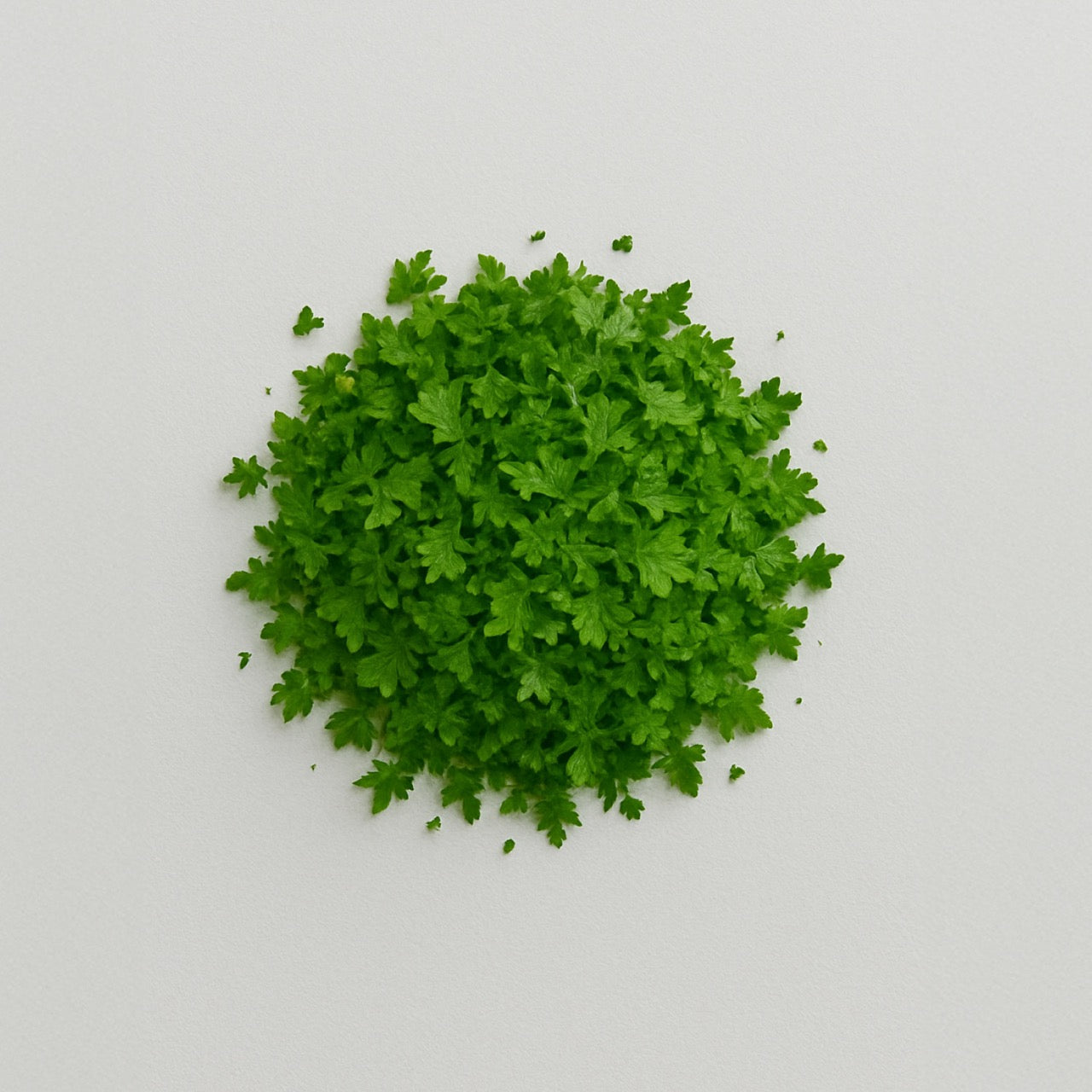
Parsley is a widely used culinary herb from the Petroselinum crispum plant. It is consumed fresh or dried and occasionally included in green food blends.
Products:
Is Parsley Antimicrobial?
Parsley exhibits antimicrobial activity, attributed to bioactive compounds such as apiol and myristicin. These constituents have demonstrated potential in inhibiting the growth of harmful bacteria and pathogens. As a result, parsley may support the body’s natural defence mechanisms and contribute to overall health maintenance.¹
Is Parsley a Diuretic?
The diuretic effects of parsley can support increased urine production, aiding the body in eliminating excess water and waste. This characteristic may contribute to improved kidney function, reduced bloating, and the management of high blood pressure through the facilitation of sodium excretion.²
Antioxidant Properties of Parsley
A rich supply of antioxidants—such as vitamin C, flavonoids, and carotenoids—is found in parsley. These compounds play a key role in neutralising free radicals, thereby reducing oxidative stress and potentially lowering the risk of chronic diseases.³
Parsley and Vitamin C
Parsley is a notable source of vitamin C. This essential nutrient is involved in supporting immune function, collagen synthesis, and tissue repair. A small serving of fresh parsley can contribute a meaningful amount of daily vitamin C intake, aiding the body’s natural defence mechanisms and supporting skin health.⁴
